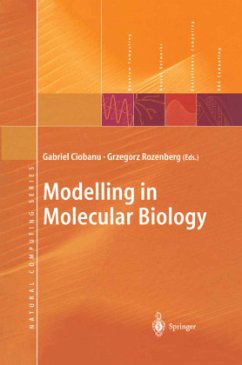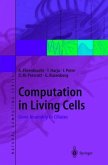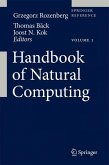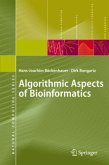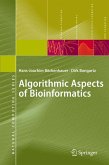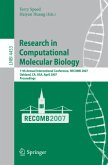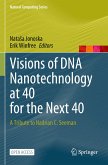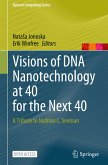This volume is based on the workshop"Modelling in Molecular Biology" that tookplacein2002inSingapore. Themaingoaloftheworkshopwastopresent models/methods used in solving some fundamental problems in biosciences. The volume consists of a selection of papers presented at the workshop as well as of some other papers that are included so that the presentation of the theme of the workshop is broader and more balanced. As a matter of fact we feel that the collection of papers comprising this volume represents a wide spectrum of quite diverse ideas and trends. The paper by D. A. Beard et al. explores the common thesis that und- standingthebehaviouroflargeinteractingsystemsofmanyenzymesandre- tants underlies the modelling and simulation of whole-cell systems. Moreover, the models need to represent the basic stoichiometry, with balanced che- cal reactions and the conservation of mass, energy and charge. The authors discuss the stoichiometric and then kinetic details of approaches to modelling and simulation of biochemical systems. P. R. A. Campos et al. are concerned with models of evolution and adaptation (which is essential for precise - derstanding of molecular phylogeny). In particular, their paper is concerned with the rate of adaptation of asexual organisms(which is important because it in?uences the speed of the assumed molecular clock). It is known that for such organisms the rate of adaptation does not steadily increase with the - creasing rate of advantageous mutations, and this paper studies the mutual interference of two advantageous mutants that are each initially present in only a single organism.
Hinweis: Dieser Artikel kann nur an eine deutsche Lieferadresse ausgeliefert werden.
Hinweis: Dieser Artikel kann nur an eine deutsche Lieferadresse ausgeliefert werden.

